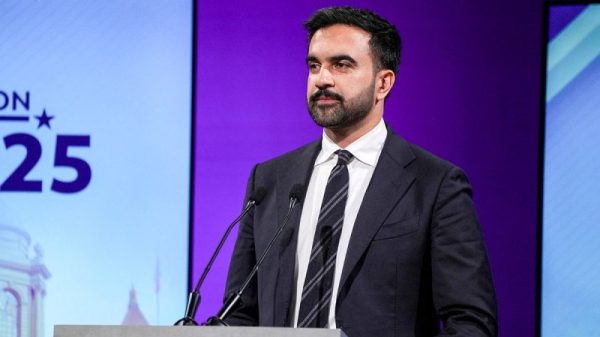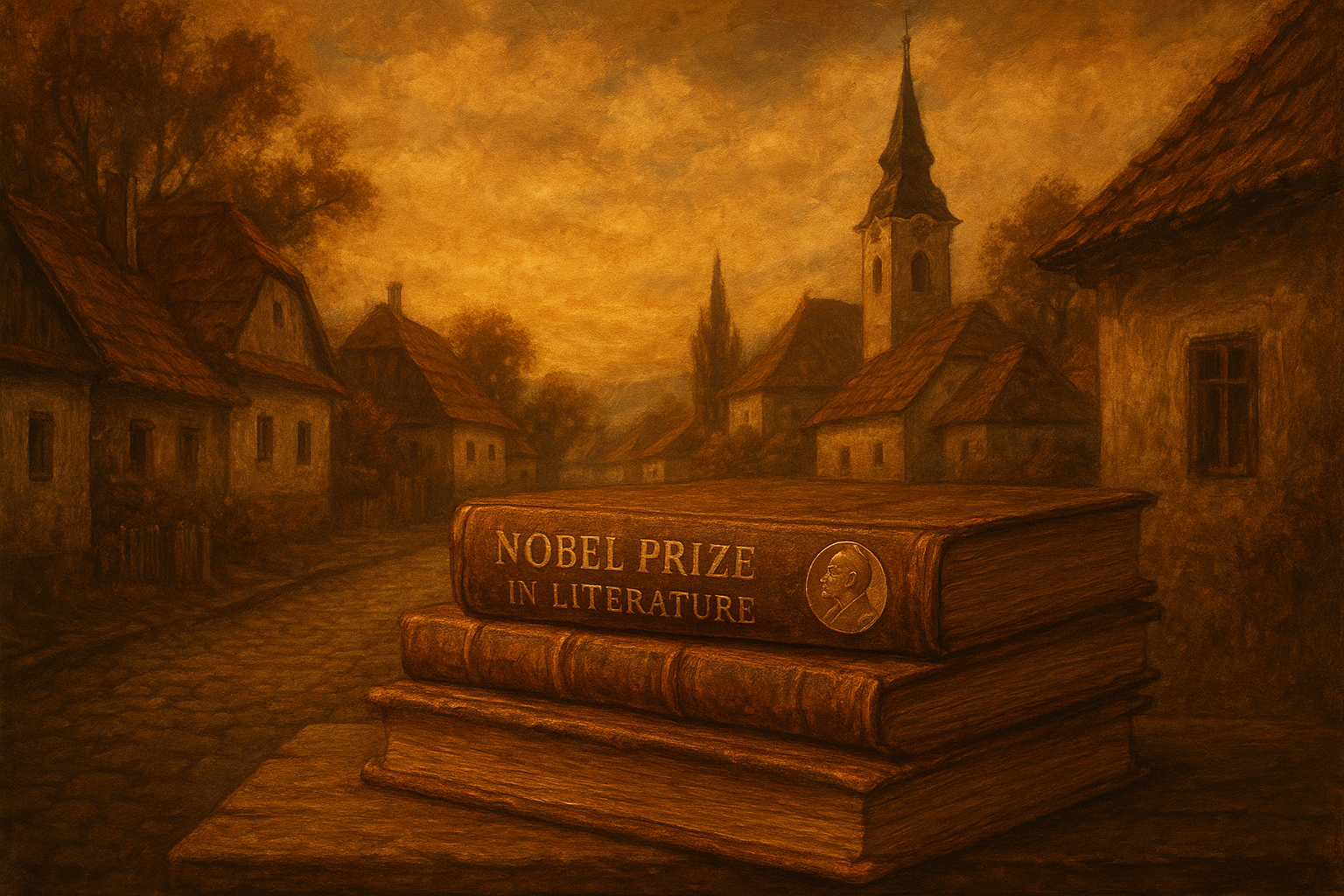The Royal Swedish Academy of Sciences has awarded the 2025 Nobel Prize in Literature to Hungarian author László Krasznahorkai, recognizing his “compelling and visionary oeuvre that, in the midst of apocalyptic terror, reaffirms the power of art.”
The announcement was made in Stockholm on October 9, 2025, marking the second time a Hungarian writer has received the honor.
Born in 1954 near Hungary’s border with Romania, Krasznahorkai gained prominence with his debut novel Sátántangó in 1985, which became a literary sensation in his home country.
The work was later translated into English in 2012 and adapted into a seven-hour black-and-white film by Hungarian filmmaker Béla Tarr in 1994.
A visionary voice in modern literature
The Nobel Committee praised Krasznahorkai as “a great epic writer in the Central European tradition that extends through Kafka to Thomas Bernhard,” noting that his work is characterized by absurdism and grotesque excess.
His stories frequently confront themes of chaos, alienation, and artistic transcendence.
Krasznahorkai has authored five novels.
Among his notable works are The Melancholy of Resistance (1989), War and War (1999), and Seiobo There Below (2008), the last of which is a collection of 17 stories arranged in a Fibonacci sequence, meditating on beauty and impermanence.
His 2021 novel Herscht 07769, described as a contemporary German masterpiece, portrays social unrest in the town of Thüringen, Germany, where themes of violence, anarchy, and artistic legacy intertwine.
The Nobel Committee’s citation described the book as “written in a single breath,” highlighting its seamless blend of terror and beauty.
According to his British publisher, The Serpent’s Tail, the novel follows Florian Herscht, an orphan raised by a neo-Nazi graffiti cleaner in a town haunted by vandalism of monuments dedicated to composer Johann Sebastian Bach.
A career of global recognition
Krasznahorkai’s work has earned him numerous international accolades, including the 2015 Man Booker International Prize and the 2013 Best Translated Book Award for Sátántangó.
His fiction often draws on his experiences living under communism in Hungary and his later years abroad, beginning with a move to West Berlin in 1986.
The author after receiving the call from the Swedish Academy while in Frankfurt, told Swedish broadcaster Sveriges Radio that he felt “happy, calm, and nervous altogether.”
Krasznahorkai becomes the second Hungarian Nobel laureate in Literature, following Imre Kertész, who won in 2002.
Krasznahorkai’s most recent satirical novel, Zsömle Odavan, marks a return to Hungary, following the story of a 91-year-old recluse with a secret claim to the throne.
The Nobel Prize announcement week began with Medicine on October 6, followed by Physics and Chemistry on October 7 and 8, respectively.
The Peace Prize and the Economic Sciences Prize will be announced on October 10 and 13.
Each Nobel Prize carries a cash award of 11 million Swedish kronor and will be presented in Stockholm on December 10.
Established by Swedish inventor Alfred Nobel, the prizes honor those who have “conferred the greatest benefit to humankind.”
Since its inception in 1901, the Literature Prize has been awarded 118 times.
The post Hungarian author László Krasznahorkai wins 2025 nobel prize in literature appeared first on Invezz


































